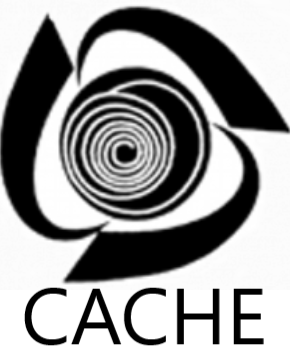Cryogenic Recovery of Acetone from Air


Description
Consider a stream composed of a mixture of air and acetone with a molar flow rate of 1000 kmol/hr. The acetone content in this stream is only 5 mol%. It is still possible to recover the acetone from air using a cryogenic process, using temperatures T in the range -100°C to -20°C. This separation can also be called partial condensation since only acetone condenses in this temperature range. Thus, the liquid phase that exits the process will be almost pure acetone. A 10°C approach temperature is chosen, which allows the determination of the isothermal flash temperature from the user-set value of the coolant temperature. The simulation displays the flow rates of the liquid and vapor stream that exits the flash drum as well as their compositions. One can see from the snapshots that the percent recovery of acetone can reach almost 100% (i.e., the liquid flow rate approaches 50 kmol/hr) when the coolant temperature is very low. This process is an alternative to countercurrent absorption of acetone in a column using water as a solvent.
About
Authors: Housam Binous, Ahmed Bellagi. Open content licensed under CC BY-NC-SA.
View the source code for this simulation



